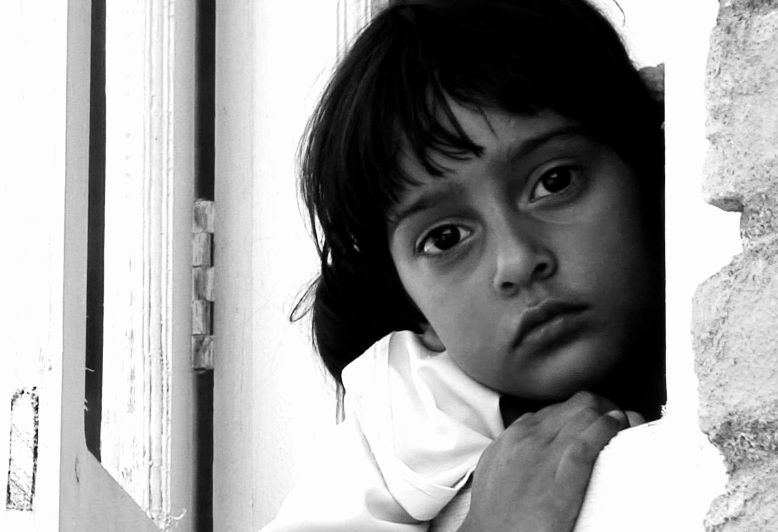The Portland film scene gained some interesting new voices last year when documentarian Chris Giamo (along with his filmmaking and life partner Kelsey Kobic) moved their film company fogtooth media (fogtoothmedia.com) to town. Giamo recently finished his documentary “In Shopian” in Portland, and will be on hand at 7 tonight for the film’s Maine premiere at the St. Lawrence Arts Center (stlawrencearts.org). Tickets are $5.
The story of one Kashmiri man’s quest for justice after the rapes and murders of his wife and sister, allegedly by occupying Indian security forces, “In Shopian” provides an eye-opening view of life in turbulent Kashmir. I recently spoke to Giamo about the film:
It’s pretty remarkable that an American student filmmaker gained access to three of the most important political figures in the Kashmir independence movement. How did that happen?
The Kashmiris are very well connected to each other. Their society is like a well-knit fabric; we just happened to make the right connections with a number of human-right activists and journalists introducing us to these men, all of whom were under house arrest at the time.
As for the main story of the 2009 Shopian incident, we simply went to Shakeel Ahmed Ahangur’s house and we waited for him (he didn’t know we were coming), and asked him to tell the story of what happened. The whole situation was very precarious; we used a little handheld camera to pose as tourists without any of the authorities getting wind of what we were doing.
In the film’s trailer, one man claims that Kashmir is “the world’s highest militarized zone.” What was your experience like filming there, and is the Shopian incident a consequence of that tense situation?
There are an estimated 600,000 security personnel, and the population is about 12 million. The military presence is overwhelming. The general public is not as well informed about Kashmir as they are about, say, the Palestinians or Tibet. The conflict is framed as a land dispute between India and Pakistan, but the important thing people don’t know is the struggle for independence. The film is about drawing attention to the struggle of ordinary people.
As to the Shopian incident, there have been thousands of similar incidents over the last two decades, with huge numbers of disappeared people, people executed extra-judicially, and rape cases. In some ways, this was a typical case — two women are picked up by security forces, found dead the next morning, and then it’s covered up, which is what the Kashmiris believe the military did. This case seemed so blatant and obvious, but it’s only because international media decided to cover it that it became known. Any country being occupied by another government’s military will see similar incidents.
What are your thoughts on Portland? The local film scene?
Kelsey and I moved here in 2011, so to be able to show it here feels really good. Home base is Indiana; I got my master’s at Syracuse and traveled around a lot. I love Portland — it’s a beautiful old city with a small-town feel. I love just being surrounded by nature and really like the community; plus, it seems like there’s a really good core group of filmmakers here. Right now, Kelsey and I have some Maine-related documentary projects in the works.
Dennis Perkins is a Portland freelance writer.
Send questions/comments to the editors.



Success. Please wait for the page to reload. If the page does not reload within 5 seconds, please refresh the page.
Enter your email and password to access comments.
Hi, to comment on stories you must . This profile is in addition to your subscription and website login.
Already have a commenting profile? .
Invalid username/password.
Please check your email to confirm and complete your registration.
Only subscribers are eligible to post comments. Please subscribe or login first for digital access. Here’s why.
Use the form below to reset your password. When you've submitted your account email, we will send an email with a reset code.